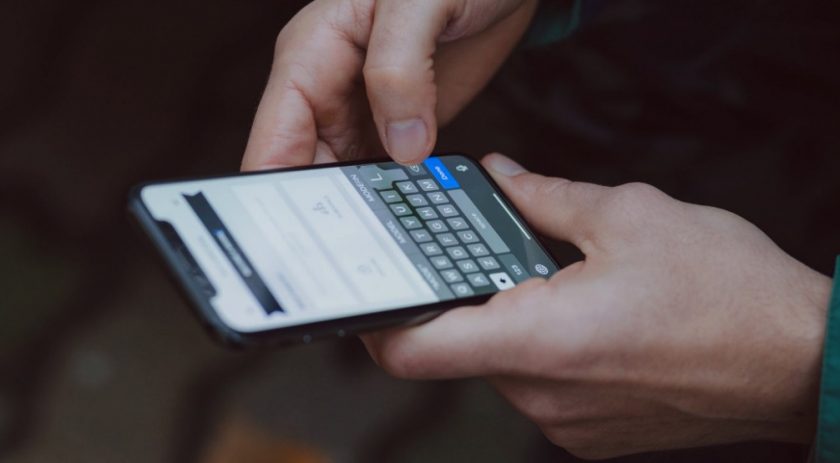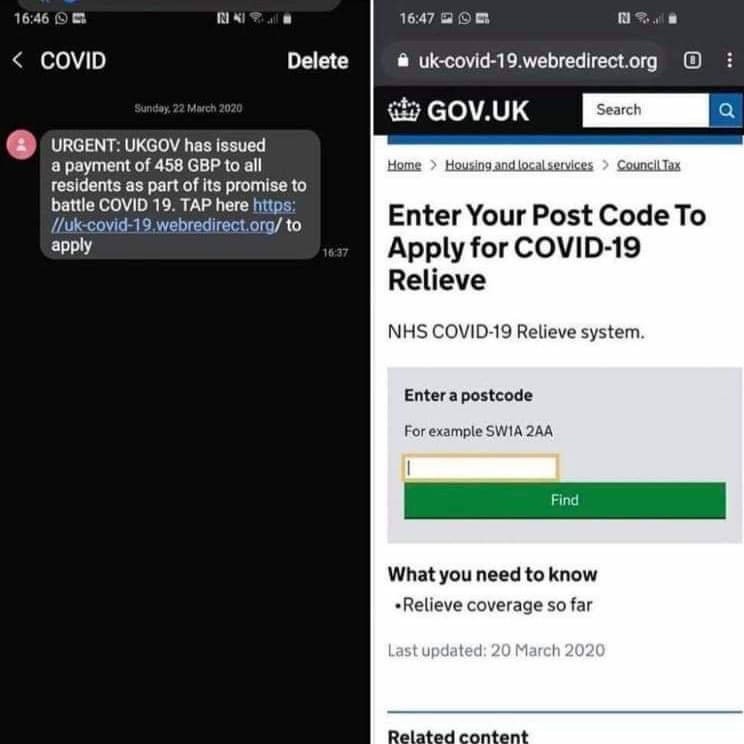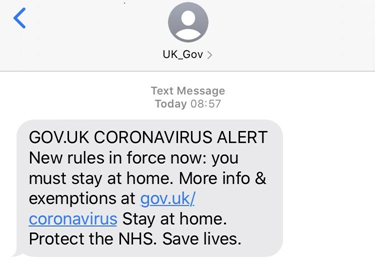Coronavirus scam calls and texts on the increase warns telecoms watchdog

Telecoms regulator Ofcom has said there’s been a growing number of reports of scam calls and texts relating to the coronavirus, or Covid-19.
Scammers are calling home phones and sending text messages to mobile phones, which contain misinformation or could leave you out of pocket if you fall victim.
Some calls and texts claim to be from the Government, your GP’s surgery, the NHS, or even the World Health Organisation (WHO).
In the calls, a recorded message or caller will claim to be contacting you about the coronavirus. They might offer a test for the virus, a treatment or cure, or might offer to discuss your medical needs.
However, these calls are designed to encourage you to either speak to an operator, or press a button on your phone for more information.
- If you speak to an operator, you could be at risk of giving them your personal information or your financial details, which could result in identity theft or financial loss.
- If you press a button on your phone you could be connected to a high-cost premium number, leaving you liable for a significant call cost.
Scam texts – what to look out for
Meanwhile, scam texts often include links or attachments which can’t be trusted. Don’t click on them.
Here’s an example of a scam text, claiming to be sent by the Government, offering a payment related to the coronavirus. On the left is the text; on the right is the web page you’ll be taken to if you click on the link in the text.
However, look at the URL – it does not link to the UK Government website. It is a fake website which requires you to enter your personal details – it is a phishing scam.

If you think one of these calls or texts might be genuine – from your GP for example – you can call your GP’s surgery separately to check whether they have tried to contact you.
Calls claiming to be from Ofcom
Some of these scam calls also claim to be from Ofcom.
A recorded message or caller will claim that, because of more people working from home due to coronavirus, your broadband needs to be slowed down or switched off. As with the scam calls outlined above, they will try to encourage you to either speak to an operator, or press a button for more information. If you do this, you could face the same risks.
Ofcom will never call you out of the blue like this. If you receive one of these calls claiming to be from us, please hang up.
Official Government text alerts
While keeping an eye out for scam calls and texts, remember that the Government has been sending out official alerts to mobile phones. They are being sent out gradually, so you’ll receive one depending on which mobile network you’re on.
These are legitimate messages that contain updates on the latest Government advice. This could relate to rules for lockdowns, for example.
These texts come from ‘UK_Gov’ and look like this:

As well as looking like this, the texts use the same wording regardless of which mobile network you’re on.
If you receive a message that is different to this one, it is unlikely to be an official Government message. You should therefore ignore it, delete it and report it.
What to do next
If you receive a call, text or other communication that you think might be a scam, hang up or delete the text and report it to Action Fraud, including the number that was used to contact you.
We also have further information that could help. See our guides to dealing with nuisance calls and messages, and ‘missed call’ scams.
Spotted something? Got a story? Email: [email protected]
Latest News
